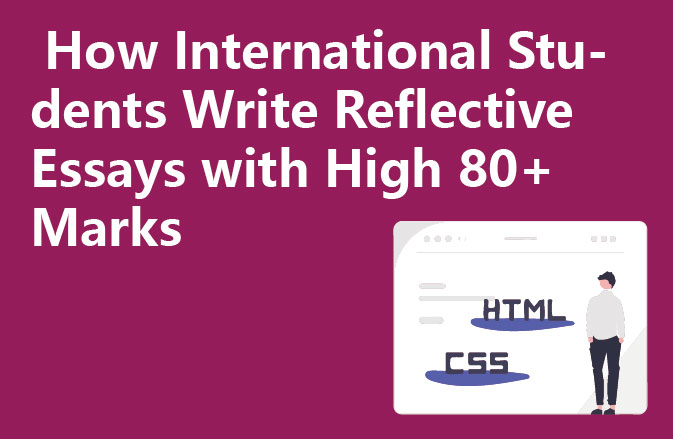As you know, Reflective Essays are designed to express personal thoughts and opinions through reflecting on one’s own experiences or studies, and this type of assessment focuses more on the development of one’s own thought processes and the way in which one makes sense of the world. The main difference between this essay and other academic research is that it is more reflective and personalised. Therefore, if you want to write a prominent reflective essay, you need to emphasise self-reflection and in-depth reflection, as well as in-depth analysis of details. The structure of the reference can be divided into two parts: the experience of the event or the learning experience, with three important elements missing: a description of the course of the event, an analysis of the reflection, and a summary of future intentions or courses of action. Whether it is a reflection on the experience or on what has been learnt so far, these three elements need to be described, analysed and summarised. In addition, for each paragraph of reference text, the revamped statements should be more concise and powerful. Vivid reference snippets are provided below for your reference:
I. Reflection on the experience of the event
(e.g. classroom observation, etc.)
●Describe: what happened and how you felt about it.
●Analysis: Exploration of the causes and the points that triggered self-reflection
● Suggestions or actions: takeaways and reflections, giving possible future action plans or even practical guidance.
Example: When reviewing an incident experienced (e.g., a classroom observation), reflections can be made with an eye toward the following dimensions:
(1) What details led to the current situation?
(2) What perspectives may have existed that challenged your original view?
(3) What are the next steps to take to improve or adjust one’s practice?
II. Reflection on Knowledge Learning
(e.g., study of research theories within a discipline, etc.)
●Description: Understanding and feelings about the theoretical part of the study.
●Analysis: Exploration of areas of interest or difficulty in the learning process.
● Recommendations/Actions: Directions for further study or application in the future, with the possibility of translating them into practice.
Example: when you review some of the educational theories you have learnt in a unit, you can target your thinking from these perspectives:




